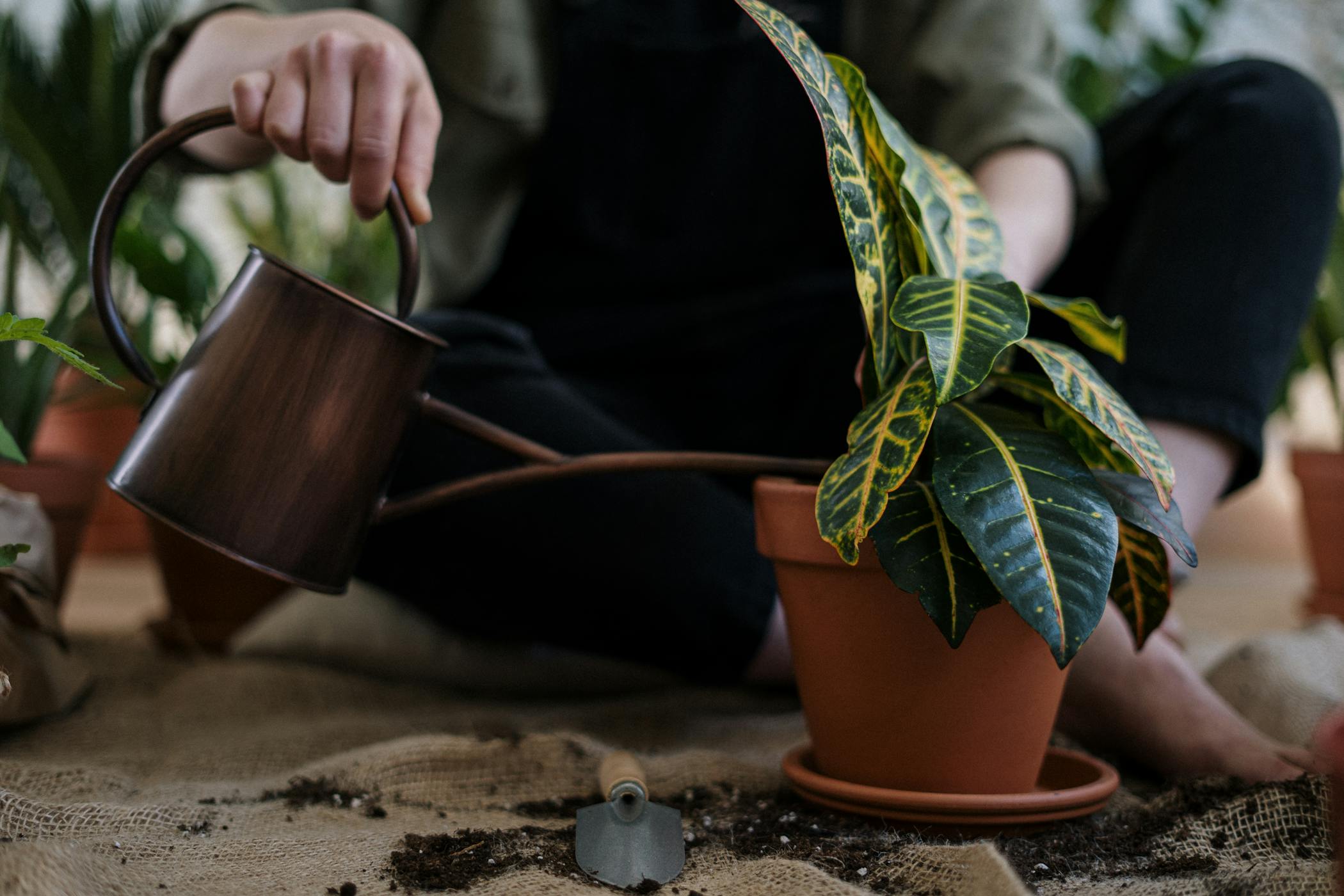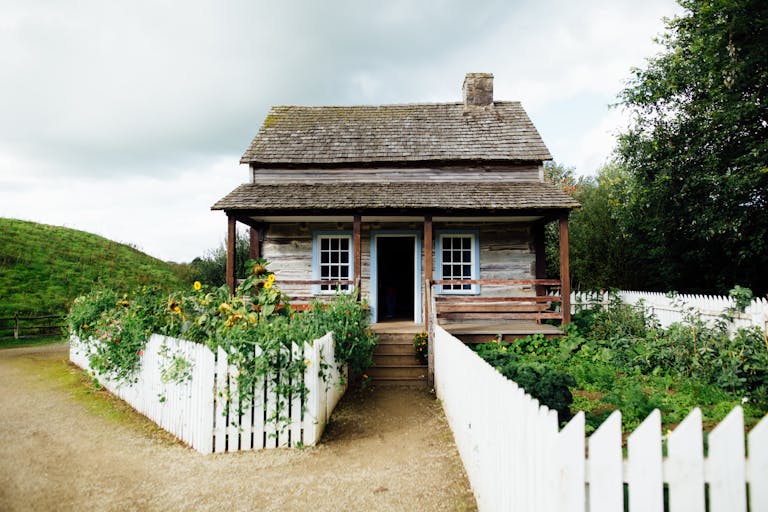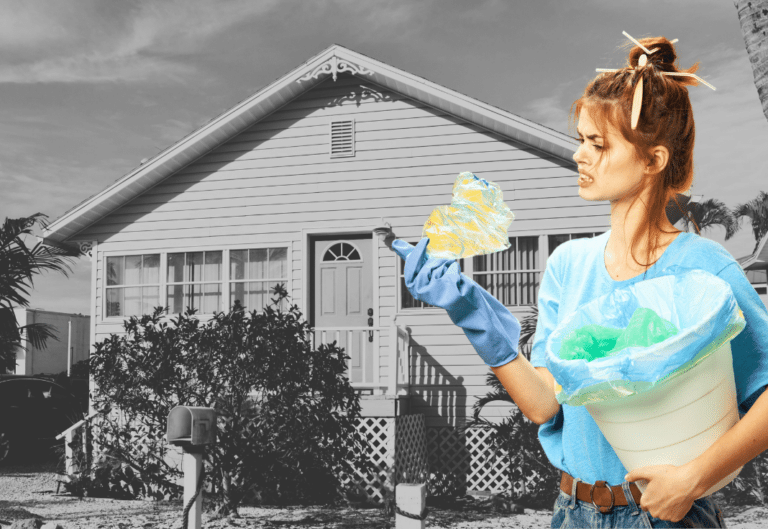Just because you’re renting an apartment doesn’t mean you can’t enjoy the pleasures of gardening. Even in the most compact spaces, you can create a thriving mini garden that brings fresh herbs, vegetables, and beauty into your home. This guide will help you navigate the unique challenges of apartment gardening while respecting your rental agreement.
Getting Started: Renter-Friendly Garden Solutions
As a renter, your gardening approach needs to consider:
The good news is that container gardening offers flexibility while protecting your landlord’s property. With the right setup, you can create a garden that moves with you when your lease ends.
Get a Free Virtual Rental Evaluation Plus a Custom Cost Quote
Finding Your Light: Working with Available Sunlight
Most fruiting and flowering plants require 6-8 hours of direct sunlight daily, which can be challenging in apartments where:
Solutions for limited light:
Container Considerations for Renters
When selecting containers, prioritize:
Protection for surfaces: Use saucers, trays, or waterproof mats under all containers to catch water and prevent damage to floors, windowsills, and furniture.
Mobility: Choose lightweight containers with handles or place heavier pots on plant caddies with wheels.
Weight distribution: Check your lease for balcony weight restrictions and distribute heavier containers along walls rather than in the center of spaces.
Dual purpose: Select attractive containers that serve as both planters and decor to maximize your space.
Soil Without the Mess
For clean, renter-friendly gardening:
Watering Wisely
Watering is crucial, but can pose risks in a rental:
Best Plants for Apartment-Dwelling Renters
Herbs: Compact, practical, and fragrant
Salad Greens: Quick-growing and shallow-rooted
Container-Friendly Vegetables:
Fruits for Patient Renters:
Houseplants with Benefits:
Maintenance Made Easy
Regular care ensures your apartment garden stays healthy and attractive:
Watering: Check soil moisture by inserting your finger an inch deep—if it feels dry, it’s time to water.
Feeding: Use liquid fertilizers that won’t create odors or attract pests. Follow dilution instructions carefully to avoid plant damage.
Pest Prevention: Regularly inspect leaves for signs of problems. For rentals, focus on prevention:
Harvesting: Pick produce at peak ripeness to encourage continued production and prevent overripe fruits from attracting fruit flies.
When You Move: Taking Your Garden Along
One benefit of container gardening is mobility:
Respecting Your Rental Agreement
Always:
Ready to Get Your Rental on the MoveZen System?
Our ultimate goal is to maximize your bottom line income while minimizing headaches. This starts with our new owner onboard process
Thinking of Switching Property Management Companies?
Don’t let the unpleasant task of working with your current manager to close out your account hold you back, we’ll do it all. Just notify them once in writing, and we’ll do the rest
Conclusion
Apartment gardening as a renter offers both challenges and rewards. With thoughtful planning and the right plant choices, you can create a green space that enhances your rental home, provides fresh produce, and moves with you to your next address. Start small, learn what works in your unique space, and watch your apartment garden grow! To read more gardening tips for apartment living, visit Apartment Gardening for Beginners.











